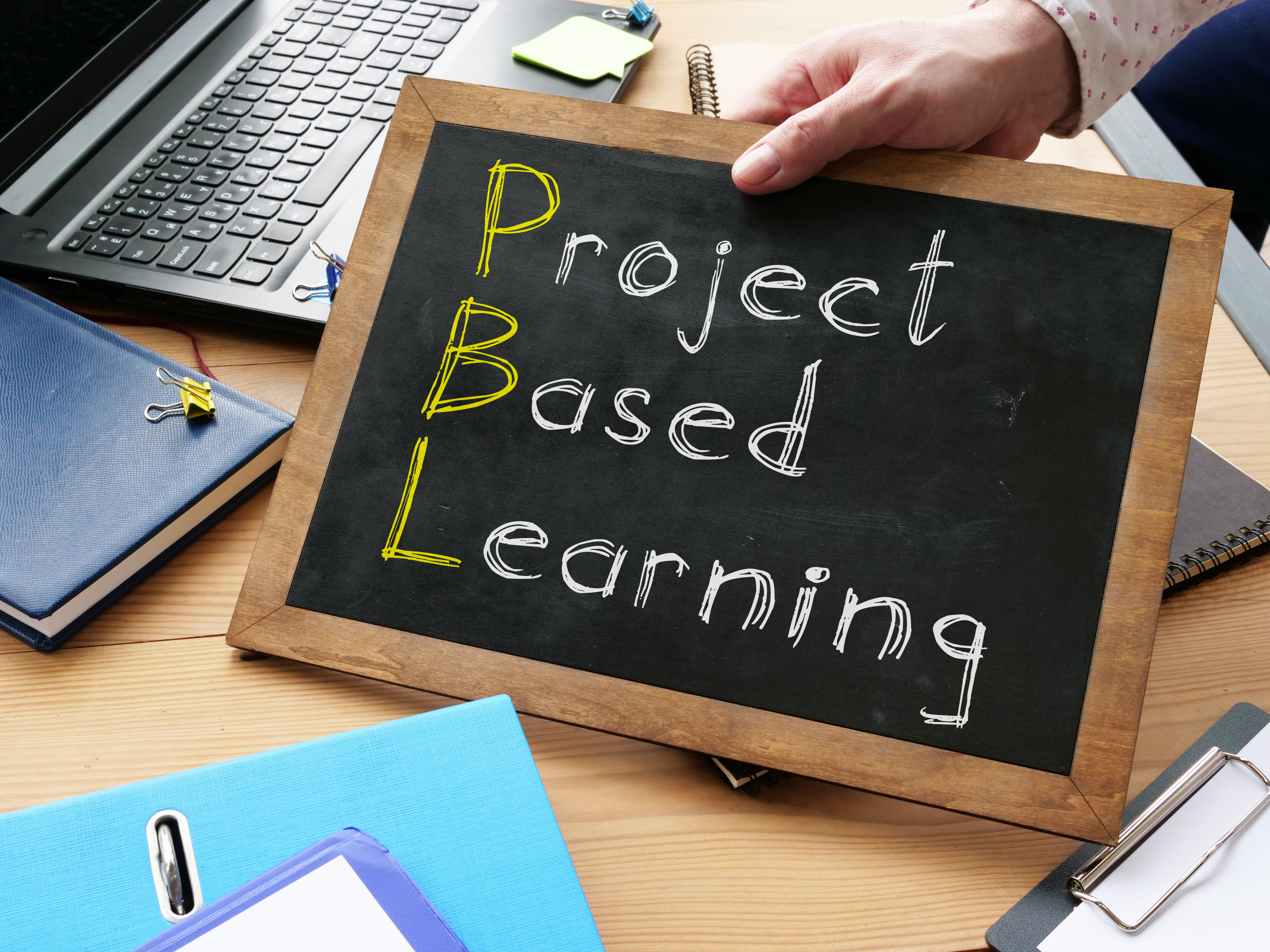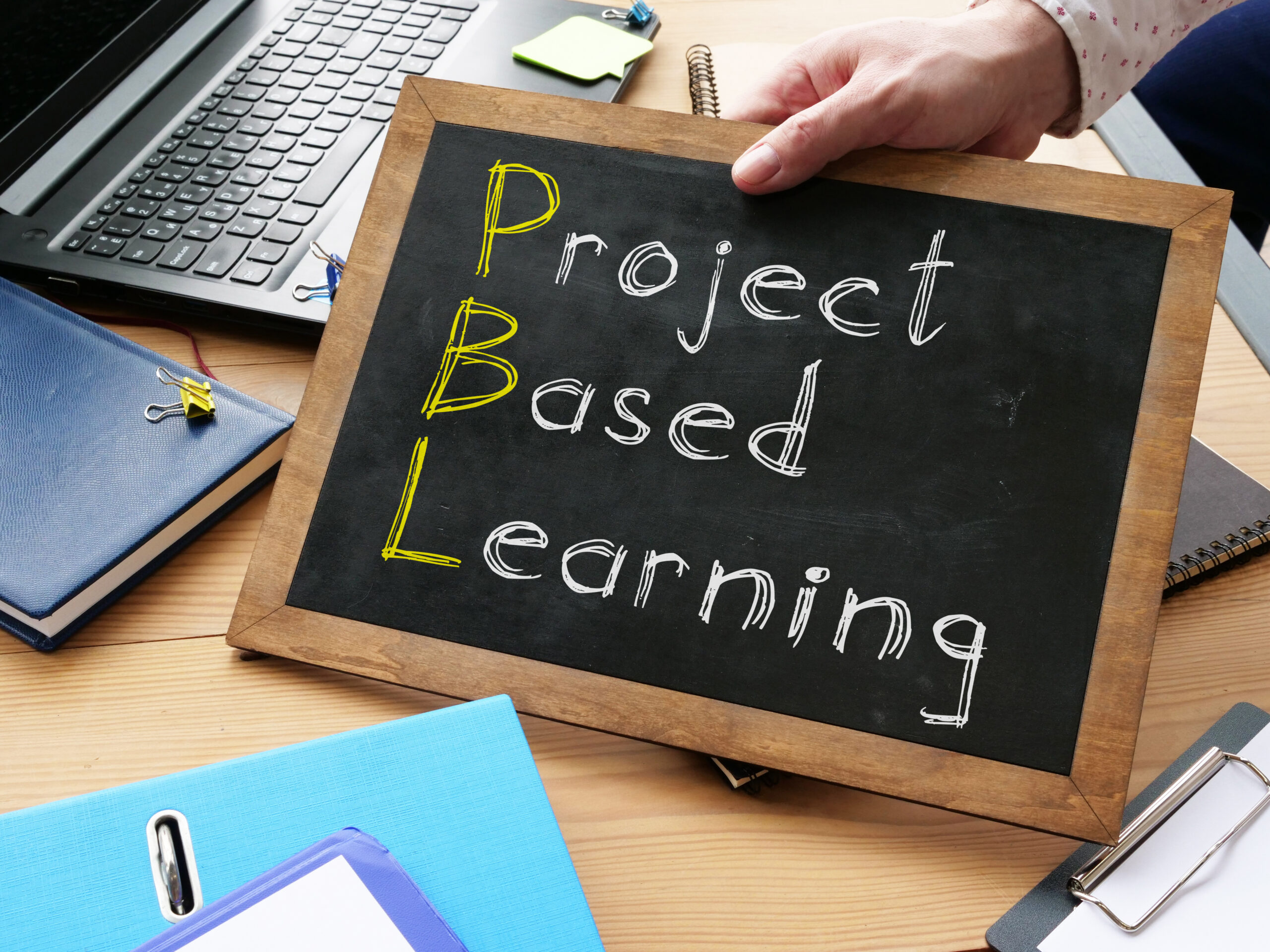
Four studies released on February 22, 2021 by the George Lucas Educational Foundation and researchers from five major universities have shown that students in project-based learning classrooms across the United States significantly outperform students in typical classrooms.
The projects, all focused on making sense of the world and finding solutions to complex problems, included things like: conducting a presidential campaign, exploring sustainability by conducting a personal environmental impact audit, how to help local birds survive, develop a proposal to persuade government officials to make improvements to a public space and engineer a solar oven so a neighborhood food truck can bake cookies, were conducted in the Center for Economic and Social Research at USC Dornsife, Michigan State University, University of Michigan and MSU and Stanford University, all concluded that “rigorous PBL results in a significant boost in academic achievement for students from many different backgrounds,” said Kristin De Vivo, executive director of Lucas Education Research.
The USC study found that students taught with a PBL approach outperformed peers on exams by 8 percentage points in year one and 10 percentage points in year two, and were more likely to earn a passing score of 3 or above with the chance to receive college credit. The Michigan State University (MSU) study also showed an 8 percentage point advantage on a state science test compared to students who experienced typical science teaching methods. The other two studies also showed significant improvements compared to students who were taught in a traditional manner. Linda Darling-Hammond, president of the California State Board of Education and Professor of Education, Emeritus at Stanford, said that “These results demonstrate that well designed experiences with PBL, as well as practices that support equitable collaboration and subject-specific language development, can boost the engagement and learning achievement of historically underserved students, including English language learners.”
The proof that Project-Based learning is one of the most impactful methods to teach has been around since John Dewey and has been showing up in multiple studies that have been done ever since. This last study should encourage policy makers, educators and administrators to consider project-based learning as a lever for increasing student learning and equitable outcomes.
